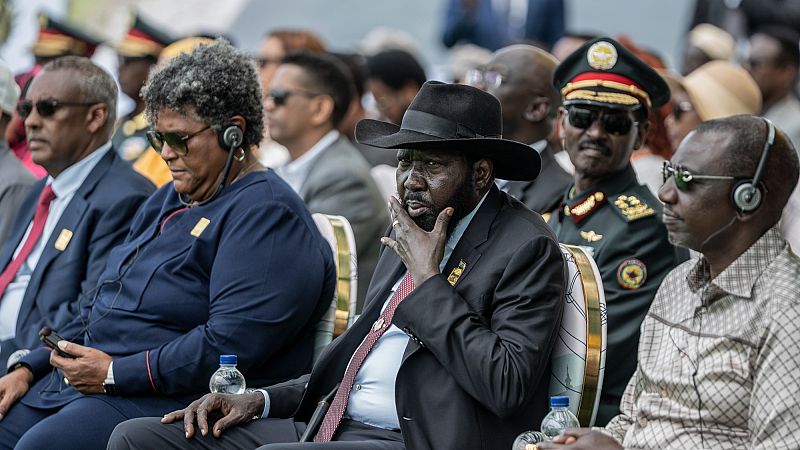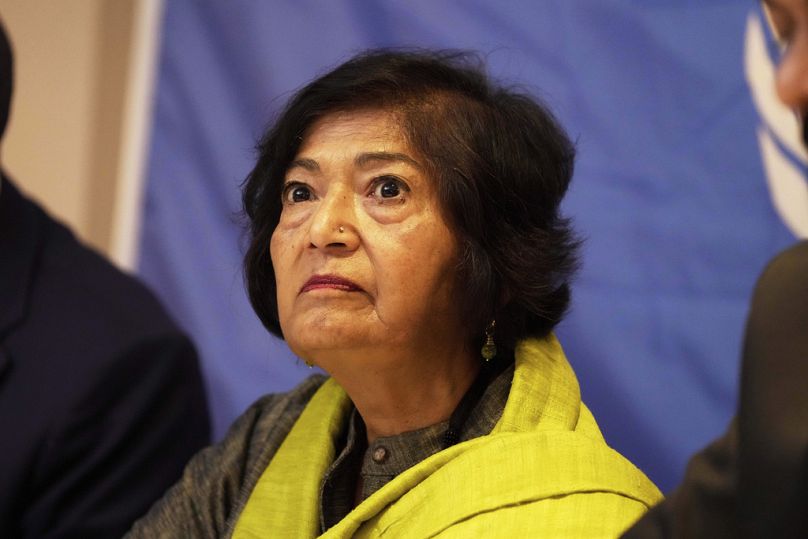Plundered nation: billions stolen while South Sudan faces crisis

Billions of dollars in public funds in South Sudan have been stolen over the past decade in massive government corruption, while the vast majority of the country suffers from a lack of food, a UN commission said on Tuesday.
The report by the UN Commission on Human Rights in South Sudan details several schemes allegedly used by political officials to divert substantial amounts of public revenue since the country achieved independence from Sudan in 2011.
"South Sudan is not a poor country; it's a plundered nation, and since independence, more than 25 billion in oil revenues have flowed into government coffers. These funds could have built schools, staffed hospitals and secured food for every citizen. Instead, they have been siphoned off by elites," Yasmin Sooka, Chairperson of the UN Commission on Human Rights in South Sudan, said.
"Corruption is killing South Sudanese. It's not incidental, it's the engine of South Sudan's collapse," Sooka added.
Barney Afako, a member of the United Nations Commission on Human Rights in South Sudan, alleged that the country's resources were being diverted into "opaque schemes that benefit only elites."
In a written statement, the government described many of the allegations as "absurd" and stated that the report contained "methodological errors" and overstepped the commission's mandate.
It also said it had not been given sufficient time to respond to the findings.
Most development and quality of life indicators rank South Sudan among the lowest in the world. Approximately one in 10 children dies in childbirth, and secondary school enrolment is just 5%.
Food security analysts say that 76 of the country's 79 counties are experiencing severe food insecurity. Yet only a tiny fraction of government funds are allocated to public services, the report says.
Today


